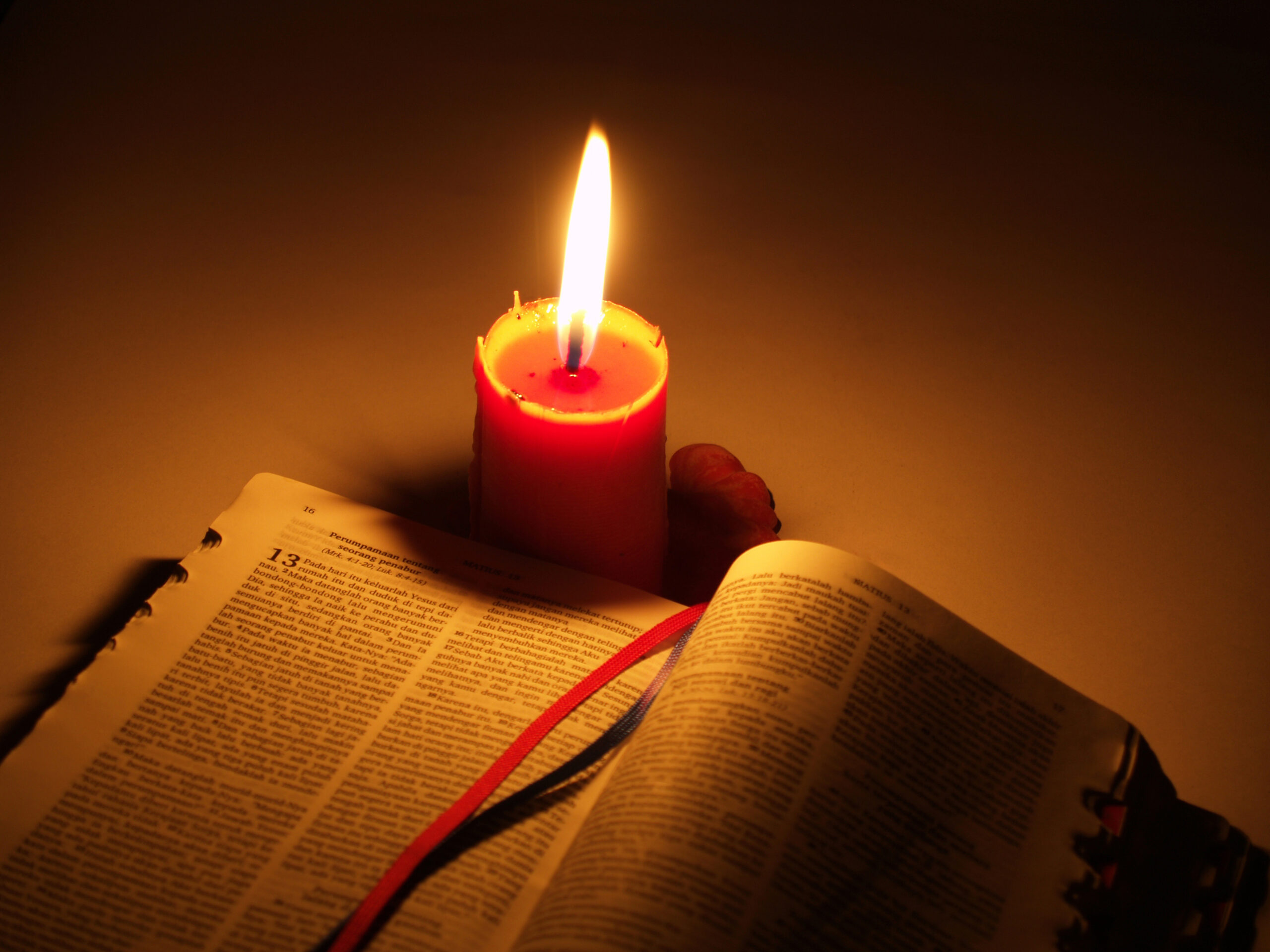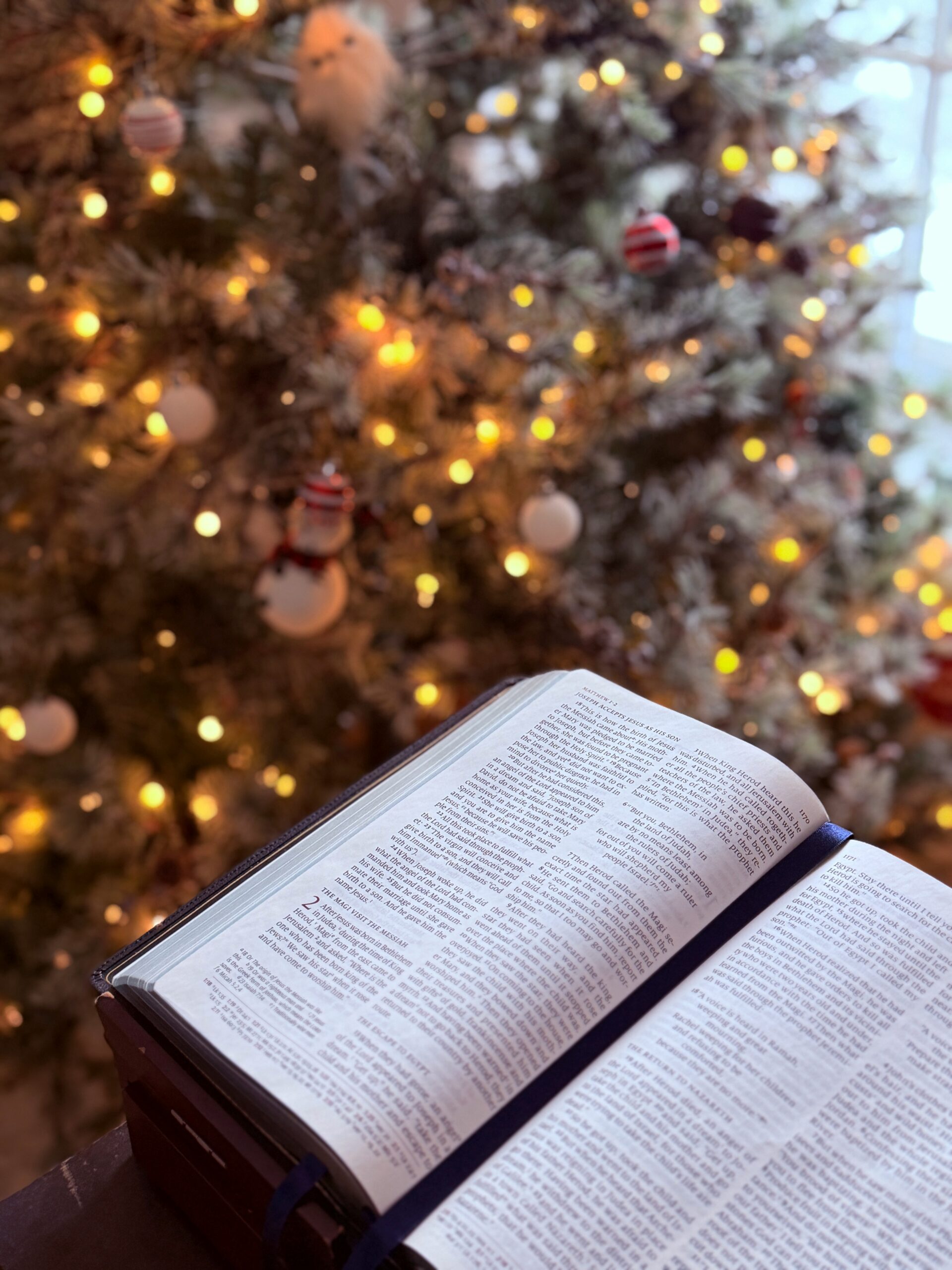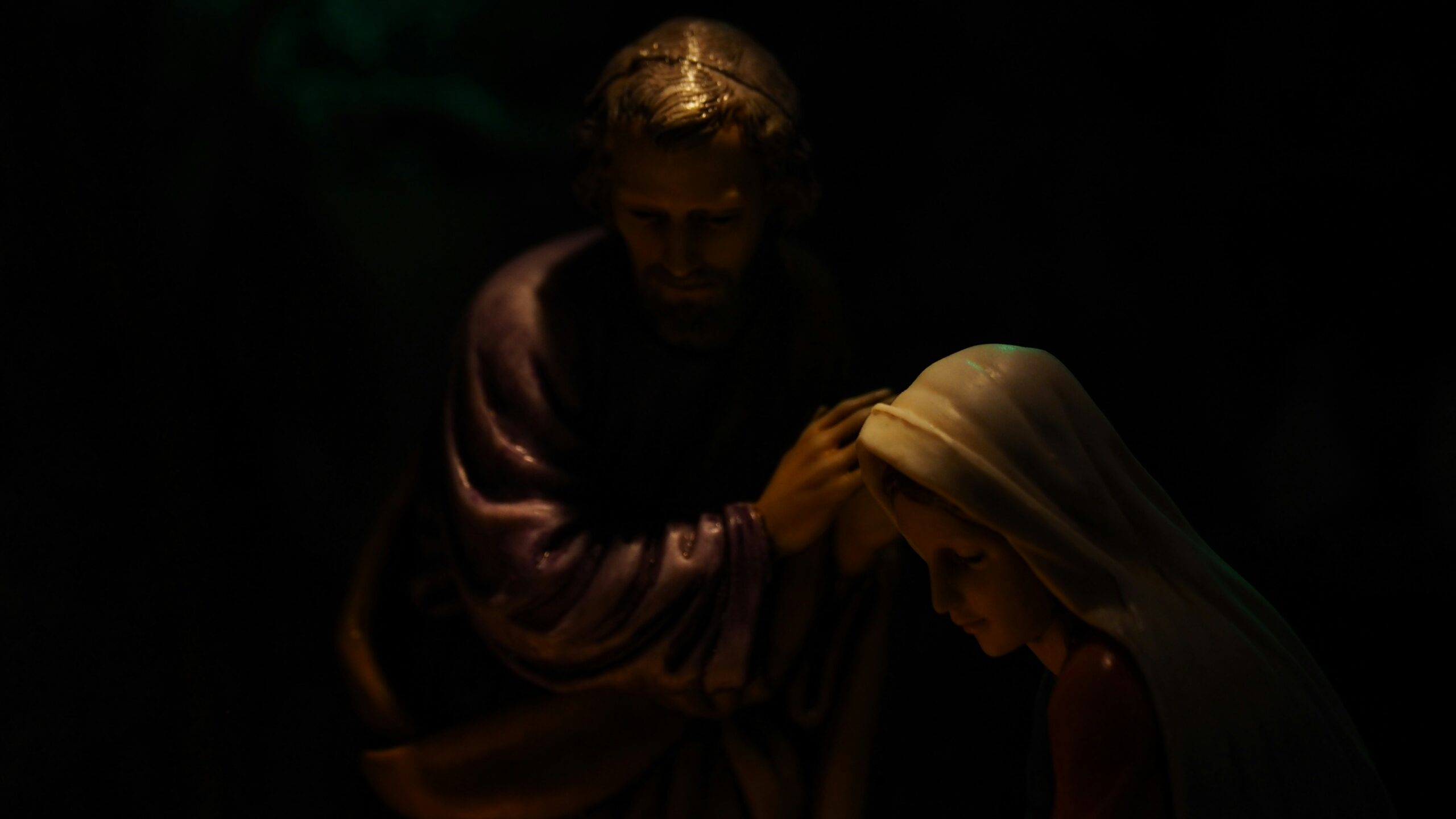The weeks leading up to Christmas are called the Advent Season. I’ve found that knowledge of this season is hit or miss in Christian circles these days. Mainstream churches that observe an annual liturgical calendar are usually familiar with it and faithfully light the four candles of hope, peace, joy, and love. Meanwhile, I’ve been in many evangelical and charismatic churches where Advent is not observed at all.
The origin of Advent as a designated celebration is somewhat murky. The earliest mention of it was during the 4th century AD. By then, Christmas had become fixed as December 25th, designed to coincide with the winter solstice celebrations throughout Europe. And just as Lent was observed as a period of preparation before Easter, it was deemed useful to have a season of preparation for Christmas as well. The name Advent comes from the Latin word adventus, which means arrival. It was a translation of the Greek word parousia, which was used widely to denote the Second Coming of Christ. Thus Advent came to have a double meaning: it looked forward to the birth of the Savior as the First Coming and His return as the King of Kings to establish His reign forever.
Advent commemorates the preparations God made for the birth of Christ. And just as His birth took place “under the radar” and in the most unlikely place the expected Messiah would be born, the events leading up to it were equally unobtrusive.
That is why I call Advent a season of peculiar glory.
God’s orchestration and preparation for the birth of Christ are full of glory – acts too wondrous to comprehend. You would think that such glorious things would sparkle and shine and be seen by the whole world. But not a single one was noticed by the world as they took place. That is why this is a peculiar glory – a glory that set things in motion under the radar, to be recognized and hungrily embraced by the unlikeliest of people.
He had to set a time and a place in order to fulfill prophecies made hundreds of years before by Isaiah, Daniel, and Micah. He had to prepare the hearts of a virgin and her betrothed, and secure their cooperation. He had to get them to Bethlehem somehow to fulfill Micah’s prophecy and put it on the heart of Ceasar Augustus to order a census that would require them to travel there. He altered the orbit of stars so that they would align above Bethlehem in a way that would herald the birth of Christ to wise men in Persia. He arranged for a choir of angels and had them rehearse a worship song to announce the arrival of the Savior to a handful of shepherds. Just to name a few of the things that were happening.
Massive miraculous things that no man could possibly perform.
Yet the world in the days of Ceasar Augustus did not notice. Herod did not notice. The Jewish populace, caught up in the hustle and bustle of the census and having to travel hither and fro, did not notice. Their leaders, locked into a belief that the awaited Messiah would be a powerful political figure, failed to see it. Only a handful of select participants in the miracle birth knew.
Thus it is with our world today. Even our church world, sometimes. Advent gets so easily overshadowed by the hustle and bustle of what preparation for Christmas has become – buying that perfect gift, cooking that perfect meal, and getting the cards out on time. Santa Claus, the counterfeit being who has come to punish the naughty and reward the nice, has for many a greater place in Christmas than Christ Himself. He has even crept his way into the church as an acceptable character. But did you know that Santa Clause is loosely based on St. Nicholas of Myra (who became a protector of children) but bearing greater semblance to Norse mythology in which Odin rode the skies in a sleigh pulled by an eight-legged horse? True. Look it up.
Neither St. Nicholas nor Odin has anything to do with the birth of Christ – the real reason for this season.
Methinks it behooves us to take a fresh look at what Advent celebrates and study the incredible things God did to bring about the humble arrival of His Messiah. It would fill our hearts with greater awe and wonder at this peculiar glory. It would make us grateful to be counted among those who notice His wondrous deeds and revel in them, even if we are in the minority, while the masses hustle and bustle on buying gifts, embracing some sort of vague “Christmas spirit” and keep on lying to their kids about the existence of Santa Claus.
Even if you don’t light the traditional candles. Even if your church does not observe Advent. Even if you are busy with perfect gifts, perfect cards, and perfect meals – stop a while, read the gospels of Matthew and Luke, and marvel at the peculiar glory of the preparations for Jesus’ birth.
Then let your hearts be in awe of how and why God hid the arrival of the Savior, Who came to preach a kingdom that would be established, not in palaces or in geographical realms, but hidden away in the hearts of man where it would bear fruit and be visible only to those who hunger for Him. How He set into motion a movement of peculiar glory, hidden from those who do not seek it, that continues this day, that you and I are part of, and that will spread to every tribe and nation before the end comes.
I want to have eyes to see and a heart to drink in God’s peculiar glory – the unobvious, the miraculous that makes no sense to human logic, but is soul food for the spiritual. Do you?





